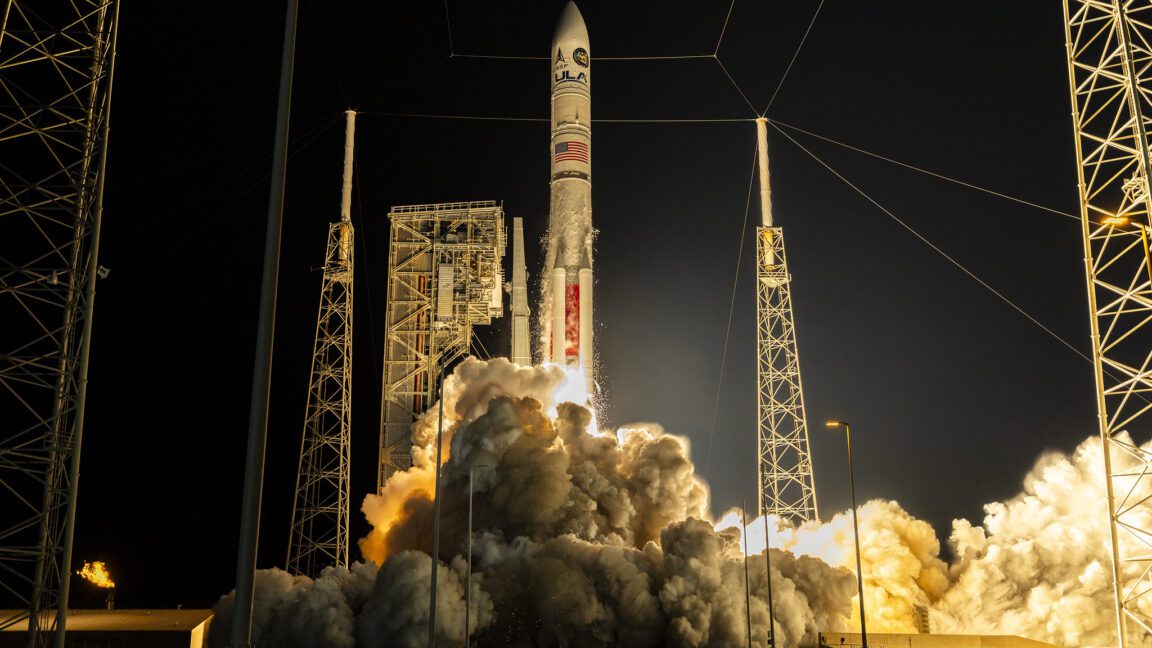
if you re not an ai startup Recent data from PitchBook reveals a significant shift in venture capital investment trends, indicating that artificial intelligence (AI) is poised to dominate the startup landscape in 2025.
if you re not an ai startup
The Rise of AI in Venture Capital
According to PitchBook’s latest report, 2025 is on track to become a landmark year in venture capital (VC) funding, with AI startups expected to capture more than 50% of all VC investments. This marks a dramatic increase in the prominence of AI within the startup ecosystem, reflecting broader trends in technology and investment priorities.
Investment Trends
The data highlights a clear trajectory: as AI technologies continue to evolve, they are increasingly attracting the attention of investors. In recent years, the amount of capital flowing into AI startups has surged, driven by advancements in machine learning, natural language processing, and computer vision. These technologies are not only reshaping industries but also creating new market opportunities that venture capitalists are eager to capitalize on.
In 2024, AI startups already accounted for approximately 40% of total VC funding, a figure that has been steadily rising since 2020. The increasing reliance on AI solutions across various sectors—such as healthcare, finance, and transportation—has made these startups particularly appealing to investors looking for high-growth potential.
Sector-Specific Impacts
AI’s influence is not limited to a single industry; rather, it is permeating multiple sectors, each experiencing its own unique transformation:
- Healthcare: AI-driven technologies are enhancing diagnostics, personalizing treatment plans, and streamlining administrative processes. Startups focusing on telemedicine and AI-assisted healthcare tools are gaining traction, attracting significant VC interest.
- Finance: Financial technology (fintech) companies leveraging AI for risk assessment, fraud detection, and customer service automation are seeing increased funding. Investors are keen on startups that can provide innovative solutions to traditional banking challenges.
- Transportation: The rise of autonomous vehicles and AI-powered logistics solutions is reshaping the transportation sector. Startups in this space are attracting substantial investments as they promise to revolutionize how goods and people move.
Challenges for Non-AI Startups
As AI continues to dominate the funding landscape, startups outside this realm face mounting challenges in securing venture capital. Investors are increasingly prioritizing AI-centric companies, leaving non-AI startups struggling to attract attention and funding.
Investor Sentiment
The prevailing sentiment among venture capitalists is that AI startups offer a unique combination of scalability and innovation, making them more attractive investments. Many VCs believe that AI technologies will drive the next wave of economic growth, leading them to focus their resources on these ventures. This shift has created a challenging environment for startups in other sectors, which may not be able to demonstrate the same level of growth potential.
Moreover, the competitive landscape has intensified, with a growing number of AI startups vying for a limited pool of investment capital. This saturation can make it difficult for new entrants to differentiate themselves and secure funding, further exacerbating the challenges faced by non-AI startups.
Implications for Innovation
The overwhelming focus on AI could have broader implications for innovation across various industries. While AI has the potential to drive significant advancements, the lack of investment in other sectors may stifle innovation in areas that are equally deserving of attention and resources. For example, startups focused on renewable energy, biotechnology, and social impact may struggle to gain traction in a funding environment that prioritizes AI.
This trend raises questions about the long-term sustainability of the startup ecosystem. If venture capital continues to flow predominantly into AI, it could lead to an imbalance in technological development, with certain sectors receiving disproportionate attention while others languish.
Stakeholder Reactions
The shift in venture capital investment priorities has elicited varied reactions from stakeholders across the startup ecosystem. Founders, investors, and industry experts are weighing in on the implications of this trend.
Founders’ Perspectives
Many founders of non-AI startups express concern about the challenges they face in securing funding. Some have noted that despite having innovative ideas and strong business models, they struggle to capture the interest of venture capitalists who are increasingly focused on AI. This has led to a sense of urgency among founders to pivot their business models or incorporate AI elements into their offerings to remain competitive in the funding landscape.
For instance, a startup in the renewable energy sector may explore how AI can optimize energy consumption or improve grid management. While this integration can enhance their appeal to investors, it may also divert focus from their core mission of sustainability.
Investors’ Views
Venture capitalists are aware of the potential risks associated with an overemphasis on AI. Some investors caution that while AI offers significant opportunities, it is crucial to maintain a diversified investment portfolio. They argue that innovation can occur in various forms and that neglecting other sectors could lead to missed opportunities for growth and development.
Moreover, seasoned investors emphasize the importance of evaluating startups based on their unique value propositions rather than solely their alignment with AI trends. They argue that successful investments should be rooted in a comprehensive understanding of market needs and the potential for long-term impact.
Industry Experts’ Insights
Industry experts have also weighed in on the implications of AI’s dominance in venture capital. Many believe that while AI is undoubtedly transformative, it is essential to foster a diverse innovation ecosystem that encourages exploration across multiple sectors. They argue that a balanced approach to investment can lead to more sustainable growth and a broader range of technological advancements.
Experts advocate for initiatives that promote funding for startups in underrepresented sectors, emphasizing the need for a holistic view of innovation that encompasses various technologies and industries. This perspective aligns with the belief that true progress comes from a collaborative approach that leverages the strengths of diverse sectors.
Conclusion
The data from PitchBook underscores a pivotal moment in the venture capital landscape, with AI poised to dominate funding in 2025. While this trend presents significant opportunities for AI startups, it also poses challenges for non-AI ventures seeking investment. The implications of this shift extend beyond funding, raising questions about the future of innovation across various sectors.
As the startup ecosystem continues to evolve, it will be crucial for stakeholders to consider the broader implications of their investment decisions. By fostering a diverse and balanced approach to funding, the industry can ensure that innovation flourishes across all sectors, ultimately driving sustainable growth and progress.
Source: Original report
Was this helpful?
Last Modified: October 5, 2025 at 1:36 am
1 views















